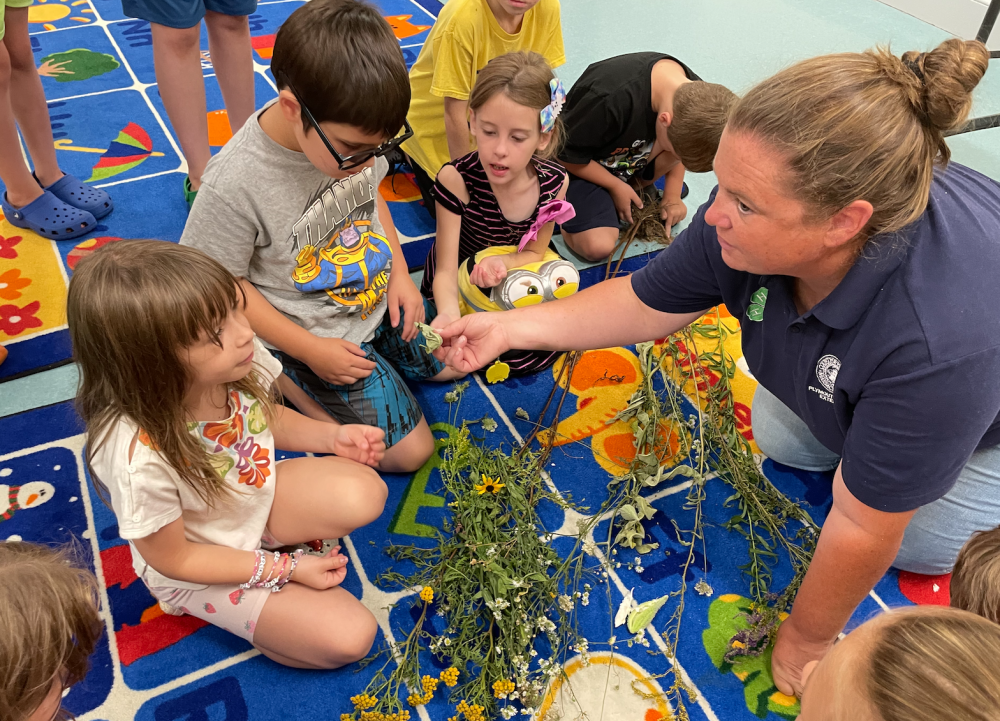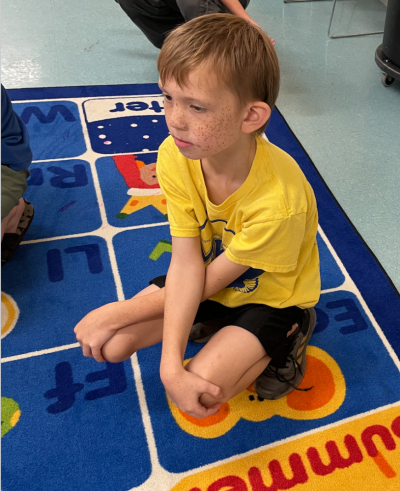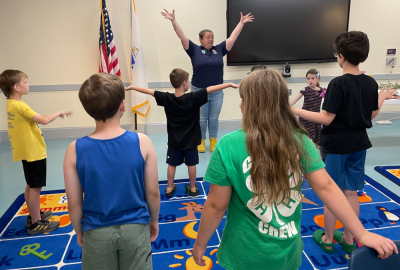Students learn about wild ways that invasives can harm environment
MIDDLEBORO — Budding scientists learned some wild things about plants Tuesday, July 30 at a program at Middleboro Public Library.
Some plants play a potentially life-saving role by keeping the population of pollinators, including bees, hummingbirds, butterflies and even bats, well-fed and healthy, said Meg Riley, an Agricultural Extension Educator for the Plymouth County Extension, who led the presentation.
But others are mere imitators, sometimes closely resembling the valuable wildflowers but providing no sustenance to a population that relies on pollinators to remain strong. These plants, known as invasives, can harm the environment, she told the youngsters.
Two examples she showcased are tansy and goldenrod.
The two plants share a yellow-ish color but have an important difference, she told the youngsters.
Goldenrod are native to the area and should be protected, while the tansy, although rooted in the area for centuries, is an invasive species, brought from Europe.
Goldenrod, she said, “should be protected.’’
Using white and yellow wool, she led the children in a game to show how invasives can choke off their native counterparts. As the yellow items, the invasives, overtook the number of white wool pieces, which stood for the native plants, not all children, who pretended to pollinators, could eat.
This can diminish the pollinator population, she said.
Although wildflowers by definition grow naturally in the wild, they can also be planted, Riley told the youngsters.
One way to do this, which Riley showed the children, is by making seed papers, which blends recycled paper and seeds to create paper embedded with wildflower seeds, which can then be planted just under the soil.
The students said they were happy to learn simple steps that can make a big difference.
Ezra Powell, 10, said he learned that invasives were bad. “I didn’t even know that’’ before, he said.
The program taught Zoe Norris, 10, it is important to “help save pollinators, so they don’t die off.’’
Riley hopes her talk might sprout support for the environment. “We want to try to grow the natives,’’ she said.













